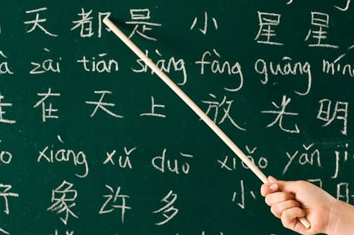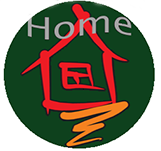There are some situation were you REALLY need to speak some Mandarin in China. Even though you can come a long way using body language, some words are very useful to learn.
can come a long way using body language, some words are very useful to learn.
I have lived in China soon two years and looking back at my first weeks (months..?) in this country, I really wished I had a decent dictionary to guide me through some of my first meeting with the Chinese culture.
Now that I know a lot of Chinese words I can really see the amount of joy that gives me in the daily life in China. A lot of foreign expats live several years in Shanghai/Beijing/Chongqing/(random Chinese city) without learning one single word Mandarin Chinese.
A lot of them regret when coming home.
Ordering tickets/travelling
If you are ordering flight tickets or doing some domestic flights, I would suggest that you learn some of the city names in Chinese. It is very valuable especially in less international cities where there are no English information to be found.
Common Chinese City Names
上海 Shanghai
北京 Beijing
南京 Nanjing
杭州 Hangzhou
苏州 Suzhou
成都 Chengdu
重庆 Chongqing
昆明 Kunming
西安 Xi’an
哈尔滨 Harbin
三亚 Sanya
青岛 Qingdao
大连 Dalian’
广州 Guangzhou
深圳 Shenzhen
I have highlighted some of the cities that I find to be most popular among foreign tourists in China – and these are often the ones you will visit if you only travel in China once.
Daily life
Speaking some Chinese to people you meet on the street or something might be a good way to learn the language. If you just have moved to Shanghai and want to find a language exchange partner, that is simply no problem – you just have to jump into learning the language.
Some “daily life expressions” can be found here (and again, I have highlighted the most important ones):
你好嗎? [你好吗] (nǐ hǎo ma) – How are you?
你好 (nǐ hǎo) – Hello
你是哪國人? [你是哪国人] (nǐ shì nǎguórén) – Where are you from?*
晚安 (wǎnān) – Good night
我不明白 (wǒ bù míngbai) – I don´t understand
我愛你 [我爱你] (wǒ ài nǐ) – I love you**
生日快樂 [生日快乐] (shēngrì kuàilè) – Happy birthday
謝謝 [谢谢] (xièxie) – Thank you
你會說中文嗎? [你会说中文吗?] (nǐ huì shuō yingwén ma?) – Do you speak English?
*= Maybe not very relevant if you are speaking to a native Chinese, but you can ask “ni shi Shanghairen ma?”, meaning “Are you from Shanghai?”.
** = You never know where (or when) you meet mr. or mrs. Right.
Learning more?
If you are interested learning more phrases upon arrival I would really recommend you to use Youtube as your main channel for information. I have watched a lot of Youtube-videos that have helped me getting better – and I would especially recommend you to follow a channel called AskBenny, which is a Shanghai based Mandarin learning company.
I have not met Benny or some of his employees yet, but have used their videos a lot to improve my Mandarin Chinese.
Check it out.

